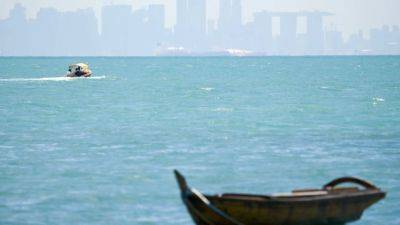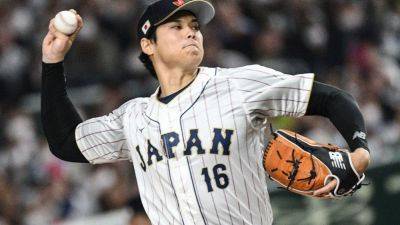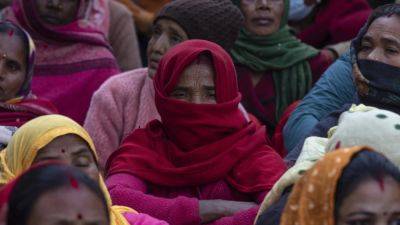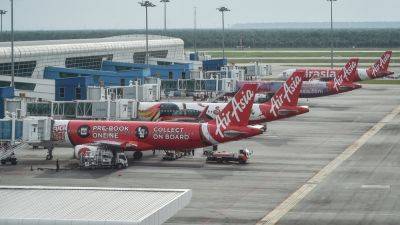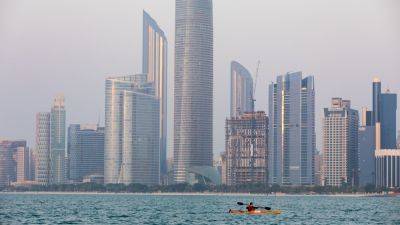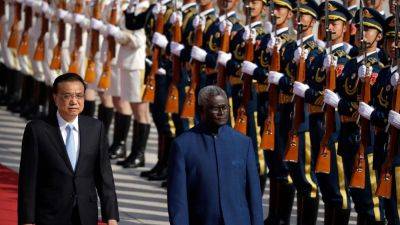Super Bowl LVIII: Asian-American and Pacific Islanders make their mark in NFL, despite being deemed ‘not right minority’
One might think rookie Nikko Remigio would be fielding all kinds of questions on making it to the Super Bowl in his first pro season. But leading up to Sunday’s game in Las Vegas, his family in the Philippines have asked more about Travis Kelce and Taylor Swift.
Why haven’t they asked for anything, not even Kansas City Chiefs merchandise? The 24-year-old wide receiver’s new level of visibility already feels like a prize.
“One of the big things not only for me – but I know for my dad and his sisters, and my grandma and grandpa – is just people being able to pronounce our last name the right way,” said Remigio.
Representation, he said, is more valuable than money or any material objects.
Remigio has been on his team’s reserve/injured list since August and makes a much-anticipated return to the field this weekend.
Historically, Asian Americans have been stereotyped as more brains than brawn or treated as foreigners in US sports. But for nearly a century, they have had a presence on the NFL field.
And for decades, football has been a mainstay in Native Hawaiian and Pacific Islander communities – yielding a fair share of star athletes.
Many current and former athletes of AAPI heritage agreed that such misconceptions have mostly faded. Increasingly, major athletes have been able to amplify their culture on a public stage and be embraced.
The League sent a similar message earlier this week in Las Vegas when the NFL and the Las Vegas Super Bowl LVIII Host Committee recruited more than 15 Asian-American, Native Hawaiian and Pacific Islander organisations, including The Asian-American Foundation, to put on an inaugural Lunar New Year Night Market for media.
Manumalo Muasau, a New York Giants linebacker for two seasons starting in 2012, was


